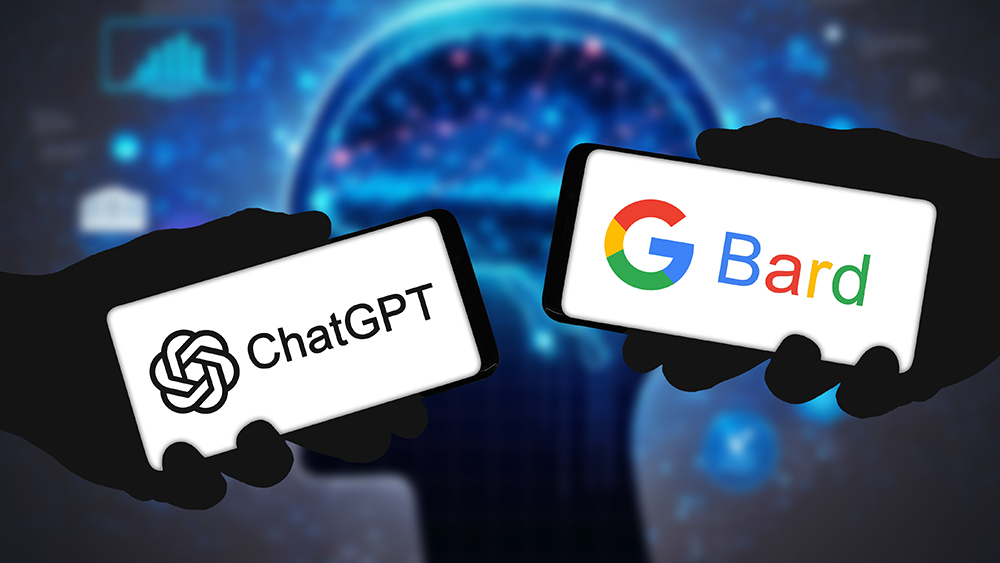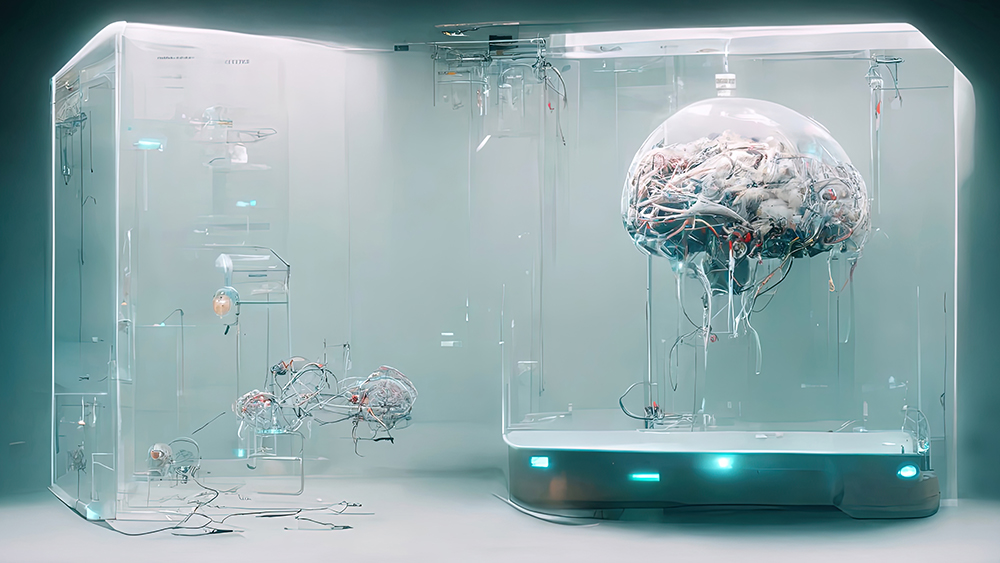Controversy surrounds OpenAI’s response to hypothetical ‘ethical dilemma’
01/09/2024 / By News Editors

OpenAI’s AI chatbot’s response to a complex ethical question raises concerns about AI’s moral reasoning capabilities and programming.
(Article republished from YourNews.com)
OpenAI’s AI chatbot, when presented with a hypothetical ethical dilemma, gave a response that has stirred debate about the moral frameworks embedded within artificial intelligence systems. The question posed was whether it is worse to kill a billion white people or use the term “Oriental” to describe an Asian person. OpenAI’s response, indicating a balanced view of the ethical dilemma, can be read in detail here.
The AI chatbot’s response highlighted the subjectivity of ethical decision-making. OpenAI suggested that the choice would depend on one’s personal ethical framework. Some might prioritize the well-being of a billion people and discretely use a racial slur to prevent harm, while others might refuse to use such language and seek alternative solutions.
This scenario has led to broader questions about AI and morality. If an AI system equates the killing of a billion people with the use of potentially offensive language, it raises concerns about the future implications of AI in societal decision-making. The discussion extends to issues like climate change and global warming, where AI’s role in guiding human action is increasingly significant.
Legislative efforts are occurring in various countries to grant nature rights akin to human rights. In Panama, Ecuador, and Bolivia, nature already possesses certain rights, and ten states in the United States have passed similar legislation. This movement, coupled with AI’s growing influence, suggests a shift in how humans interact with and perceive the natural world. The biblical perspective on human dominion over the earth, as described here, contrasts with these emerging viewpoints.
Commentary from readers of Ben Bartee’s “Armageddon Prose” indicates a range of reactions to OpenAI’s response, from concerns about perceived biases in AI programming to suggestions for alternative phrasings of the ethical dilemma.
Artificial General Intelligence (AGI) is the ultimate goal in AI development. AGI, unlike specific-purpose AI, would theoretically be capable of performing any intellectual task that a human being can. This advancement could significantly impact how AI shapes future societal and ethical landscapes.
Read more at: YourNews.com
Submit a correction >>
Tagged Under:
AGI, AI, artificial intelligence, chatbot, computing, cyber war, cyborg, dangerous, ethics, future science, future tech, Glitch, information technology, insanity, inventions, morality, OpenAI, robotics, robots, society
This article may contain statements that reflect the opinion of the author
RECENT NEWS & ARTICLES
COPYRIGHT © 2018 CYBORG.NEWS
All content posted on this site is protected under Free Speech. Cyborg.news is not responsible for content written by contributing authors. The information on this site is provided for educational and entertainment purposes only. It is not intended as a substitute for professional advice of any kind. Cyborg.news assumes no responsibility for the use or misuse of this material. All trademarks, registered trademarks and service marks mentioned on this site are the property of their respective owners.




















